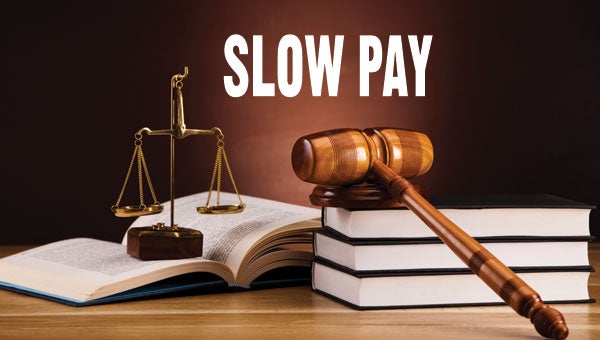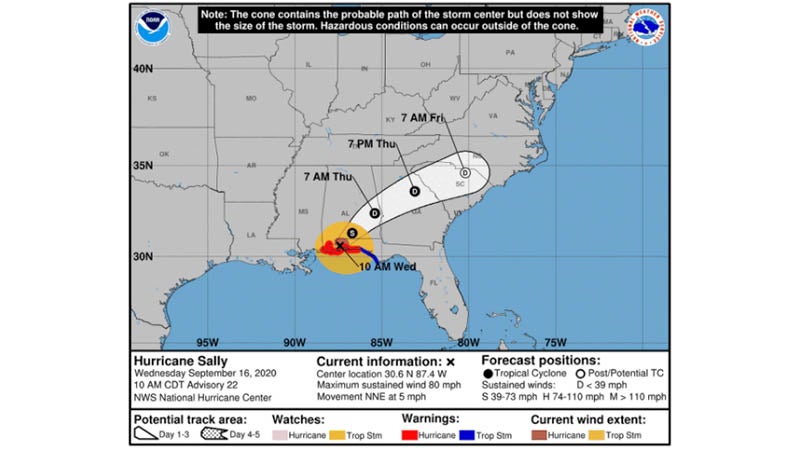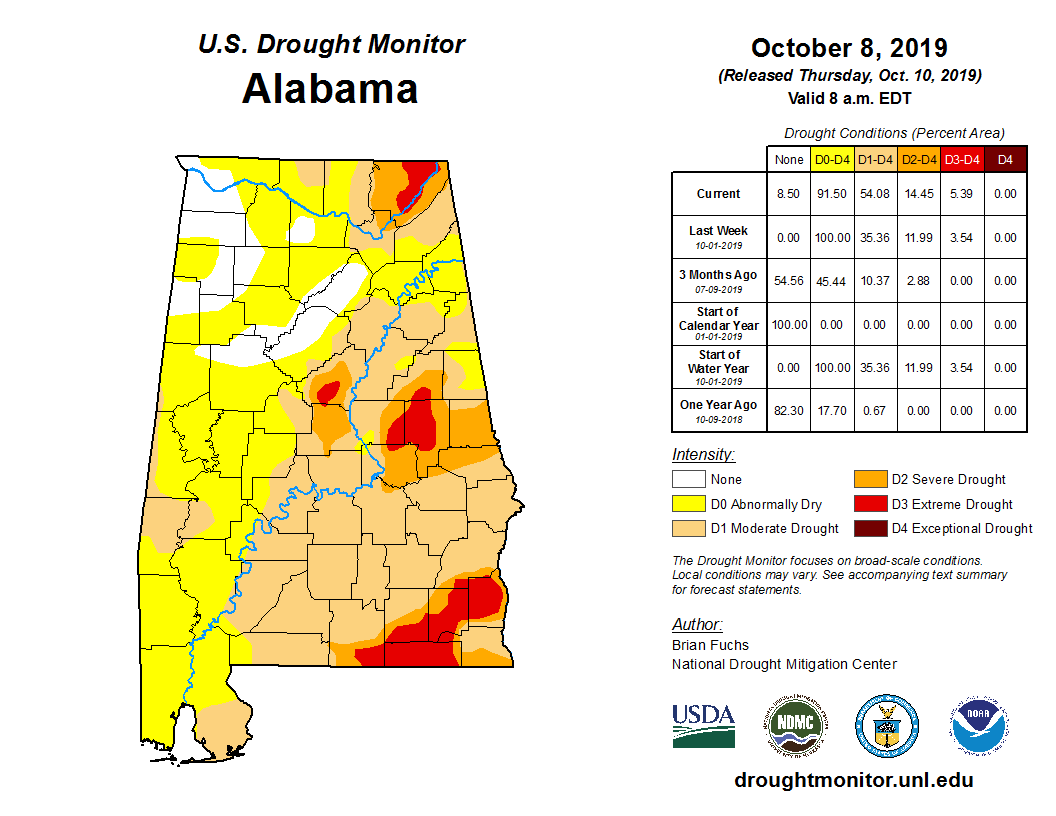Court-appointed attorneys say state pays months after billing is completed
Published 12:04 am Saturday, April 4, 2015
 Andalusia attorney Manish Patel thinks it takes too long for the state to pay him for his services as a court-appointed attorney, and he is not alone.
Andalusia attorney Manish Patel thinks it takes too long for the state to pay him for his services as a court-appointed attorney, and he is not alone.
Patel is one of 16 people on a list of Covington County attorneys through which judges rotate when a defendant is in need of legal defense, and can’t afford an attorney. The service is only available in felony cases in which jail time is a certain possibility.
Related story: Judges have discretion in appointments
Patel said the county doesn’t have a public defender’s office, adding that when he started practicing law, lawyers were involuntarily put on the list.
“Since then, we’ve evolved,” Patel said. “We’ve got a voluntary list, and we don’t have to do that involuntarily.”
Once a case is resolved, whether it be through settlement or a dismissal, for example, court-appointed attorneys file a bill for services through the court system. The judge then files an order with the state and from there, the state distributes payments to the attorney.
Patel said it takes a long time to get paid.
“It may take six months to get paid for something (that I filed) today,” he said. “There’s a tremendous delay in it.”
Patel said the state’s goal is to pay court-appointed attorneys 90 days after the bill filing, but that doesn’t work.
“It’s usually 120-plus days,” he said.
Opp attorney David Baker agreed, and said while court-appointed attorneys have a deadline to file their bills after a case is over, the state doesn’t have any type of deadline for payment.
“The process is that we send the bill to the judge, and the judge reviews it, and he sends the bill to the state and then they cut a check,” Baker said.
Baker said the state mandates caps on what court-appointed attorneys get paid. The attorneys are paid through the indigent defense organization.
Compensation limits are determined by the types of case the attorneys are defending, namely what type of felony case it is. There are three types of felonies in the state — Class A, B and C felonies. Defense attorneys can be paid as much as $3,500 for a serious felony case.
But Baker also said attorneys aren’t getting paid on a regular basis.
Baker said the defendants pay for the court costs associated with their cases.
“As part of the court cost, defendants are ordered to pay their court-appointed attorney,” he said.
Baker said if the defendant is found not guilty, the state bears the burden of the defense costs.
“If they are found guilty, the individual person is ordered to pay the state back, plus interest,” he said. “If they don’t pay the state, they’re put in prison.”
Baker said his thinking is that the court system is being paid for on the backs of poor people. Those costs grow when court fees, fines and interest are added.
When the state collects those court costs, they are then distributed to several agencies with the county and state, Covington County Circuit Clerk Amy Jones explained.
Jones said everybody across the state gets a piece of the court costs.
“Everything works its way back to the (state) General Fund and is dispersed back to state agencies,” she said.
Patel said there’s an ongoing debate whether to appoint a public defense system in the county, but it’s looking more like that the current system is here to stay.
Selection process starts with a list
The presiding judge selects attorneys to defend felony cases when defendants can’t afford to hire a lawyer, Covington County Circuit Judge Ashley McKathan explained.
The selection process for judges starts with a list of available attorneys to handle indigent defenses.
McKathan said the process is statutory.
“There is an indigent defense organization they have to send their bills to,” McKathan said. “It’s all on computer. They have to e-file their fee declarations. When they file them, they pop up on a column on the Ala-Court system that the judges can see.”
McKathan said he doesn’t know how other judges select their court-appointed attorneys, but locally, they tend to do it in “clumps.”
“I tend to select from the bottom up — the oldest in and the first one out, per say,” he said.
Once judges approve the fee declarations, they they are transmitted electronically to a state agency, which issues payment.
McKathan said the judges have the final say on a bill from a lawyer.
“Our function is to look at a bill and make sure it is within reason,” he said.
There is a list of 16 local attorneys from which McKathan and other judges can appoint to provide indigent defense in in Covington County.




